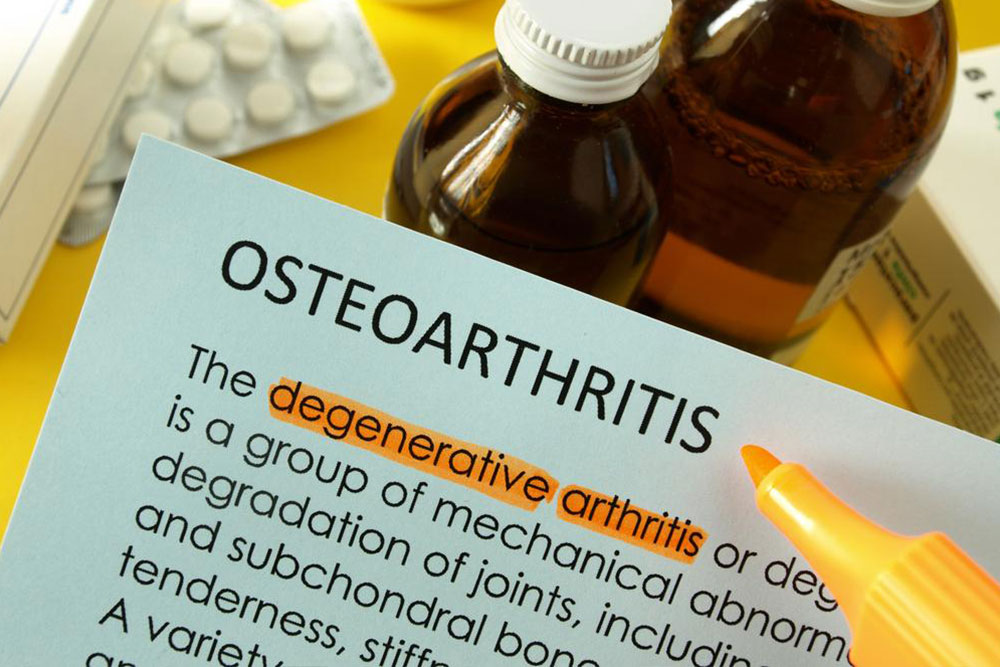Comprehensive Guide to Managing Arthritis Symptoms
This guide offers effective strategies for managing arthritis, emphasizing lifestyle changes and medication options. Maintaining a healthy diet, exercising, and avoiding high-purine foods can reduce symptoms. Medical treatments like NSAIDs and corticosteroids are essential for pain relief and inflammation control. Consulting a healthcare professional ensures personalized care. Incorporating physical therapy and supportive devices further enhances joint health. With proper management, individuals can improve their quality of life despite arthritis challenges.

Arthritis can develop unexpectedly, causing joint pain, swelling, and reduced mobility. While there's no cure, various treatments can help control symptoms and improve quality of life. Lifestyle adjustments are crucial—adopting a nutritious diet, maintaining a healthy weight, and engaging in regular exercise can significantly reduce discomfort. Avoiding foods high in purines, such as sardines, dried beans, and organ meats, helps decrease uric acid buildup, which can worsen joint pain. Medications like NSAIDs, analgesics, and corticosteroids are commonly prescribed to manage inflammation and pain. Physical therapy and supportive devices may also be recommended for better joint function.
Consult your healthcare provider before starting any treatment plan. Combining medication with lifestyle changes can lead to effective arthritis management. Understanding your condition and adopting healthy habits are key steps toward a more comfortable life with arthritis.










